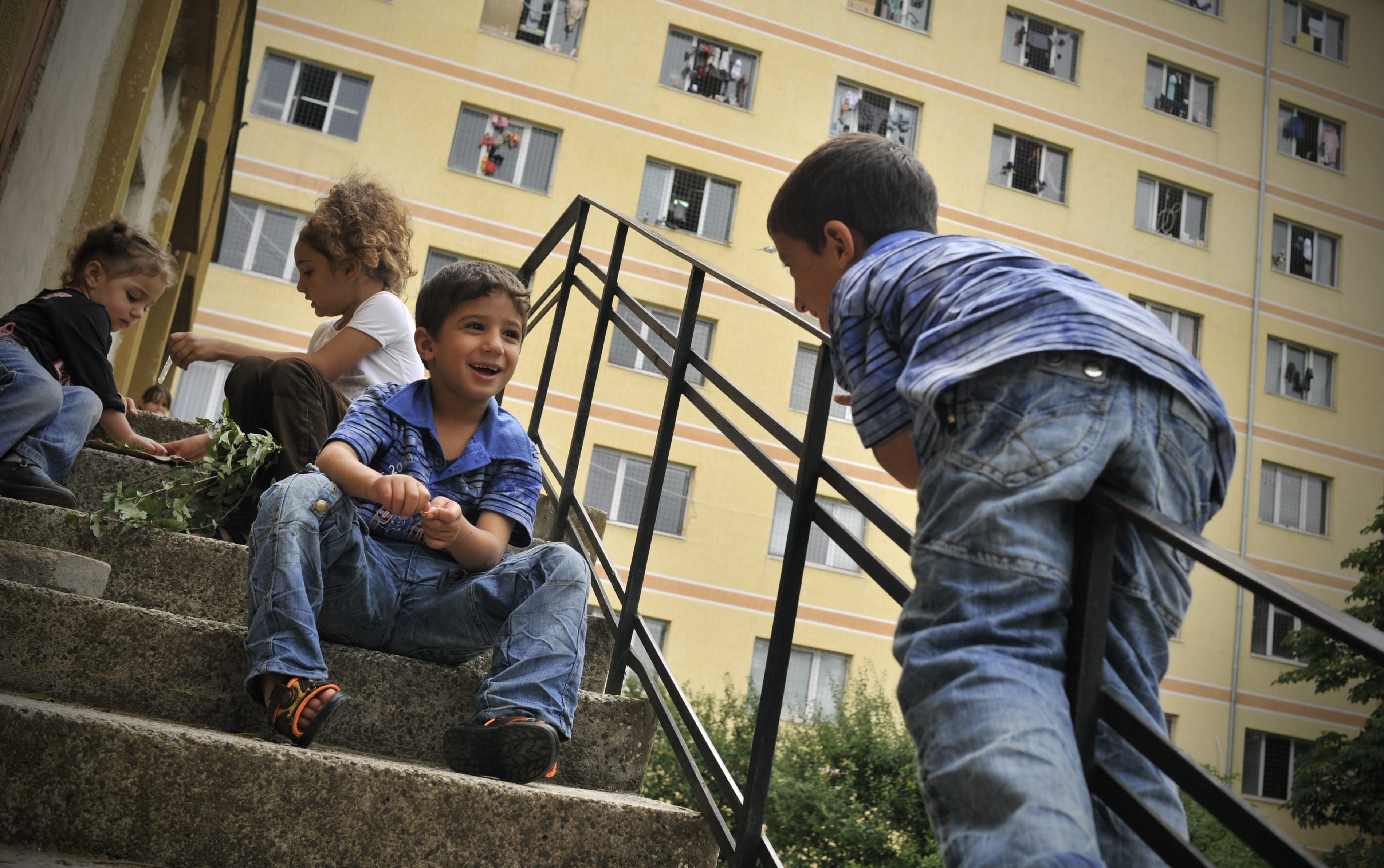Lubbers warns EU asylum law may erode international standards
Lubbers warns EU asylum law may erode international standards
24 November 2003
GENEVA - UN High Commissioner for Refugees Ruud Lubbers issued a stark warning on Monday that a crucial piece of European Union asylum legislation risked resulting in a substantial deterioration in standards - to the point of being at variance with established international law. UNHCR also criticized the draft directive for providing minimal harmonization of asylum procedures across the EU, despite this being its main aim.
In a letter addressed to Italian Prime Minister Silvio Berlusconi, current holder of the EU Presidency, ahead of a 27 November meeting of EU interior ministers in Brussels, Lubbers suggested that if the text of the directive were not significantly improved it might be better to take it off the table altogether, until "a more propitious moment."
Lubbers stressed that UNHCR had been very supportive of the EU harmonization process, seen as an important step towards building a common EU asylum system that would "ensure coherence in the management of asylum claims," thereby benefiting both states and refugees.
"The Asylum Procedures Directive should aim at high standards of refugee protection and should strive for a truly meaningful level of harmonization," Lubbers said in the letter. "I regret to say that ... there has been further substantial deterioration of the draft directive on both these counts." If this process continues, Lubbers said, "I fear that this directive will be reduced to a catalogue of optional provisions, including significant departures from accepted international refugee and human rights law and principles established over more than 50 years."
In an Aide-Mémoire attached to the letter, UNHCR listed eight separate elements of the directive that are causing concern, and focused in depth on three - 'safe countries,' border procedures and the right to remain during an appeal - which are believed to be currently under negotiation.
UNHCR warned that according to the current text, asylum-seekers - including refugees - may be sent to countries with insufficient guarantees for their effective protection, and even to countries where they have never actually set foot. The Aide Mémoire also points out that the directive defines no fewer than 15 categories of cases in which EU states may derogate from the right of applicants to remain in the country while an initial rejection of their case is being reviewed.
UNHCR noted that in several EU countries between 30 and 60 percent of refugees are only recognized after their initial rejection is overturned on appeal. The possible forced return of such a wide range of people before their appeal is heard "would mark a serious deterioration of standards in most EU states and greatly increase the probability of miscarriage of justice," UNHCR said. According to the section dealing with border procedures, asylum-seekers arriving from supposedly safe countries may be denied access to an asylum procedure and the territory altogether, without verification that they would indeed be safe and that their claim would be heard. If they were not, this would be at variance with international refugee law and, as such, unacceptable to UNHCR, the agency said.
Lubbers' letter also warned that such a serious lowering of standards would inevitably have negative repercussions outside the EU, including undermining efforts to improve protection standards in the regions from where refugees originate.
"The 'safe third country' concept and the border procedures as outlined in the draft directive will serve to shift the burden from EU Member States to countries further afield," he wrote. "This will do little to convince states in regions of origin and transit that Europe is serious about establishing global burden- and responsibility sharing arrangements."
Around three-quarters of the 20 million people of concern to UNHCR - a figure which includes both refugees and asylum-seekers - are living in developing nations. The number of asylum-seekers arriving in the EU during the first half of 2003 has shown a considerable decrease over previous years (around 150,000 in the period January-June), and the overall rate of new asylum applications is much lower than during the early 1990s, when Europe experienced a rolling series of wars in the Balkans, and Germany alone received 438,000 asylum-seekers in a single year.





